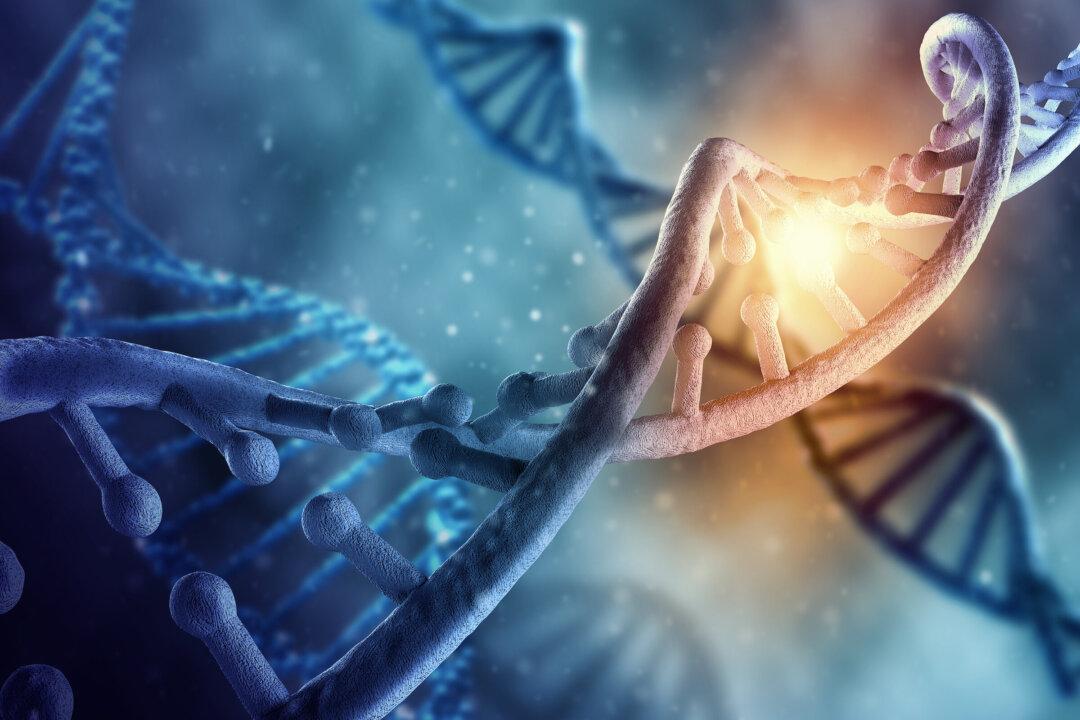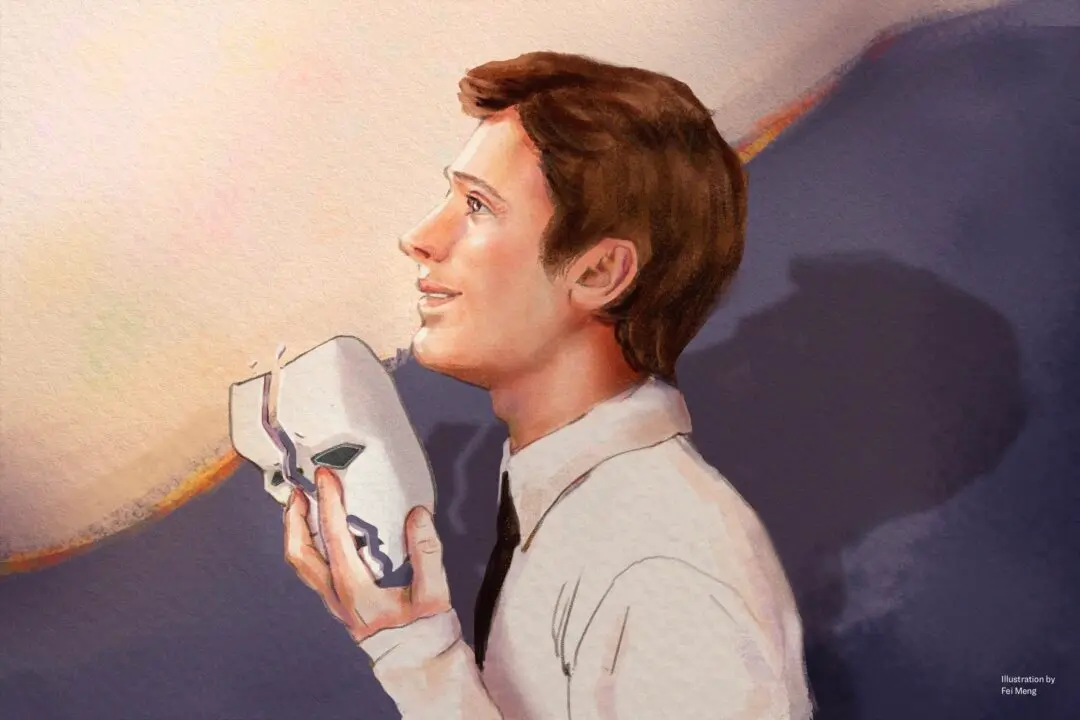In-brief
- A large body of empirical evidence supports the existence of personality changes in recipients of organ transplantation. Documented cases show changes in transplant recipient’s preferences, emotions, temperament, memory, and identity, with both negative and positive consequences ranging from rejection of the organ and death to a complete makeover of the person’s personality.
- Dr. Larry Dossey, former chief of staff at the Medical City Dallas Hospital and editor of EXPLORE: The Journal of Science and Health, offers a different explanation than the cellular memory hypothesis: it may be a matter of consciousness, not tissue.
- It’s not just brain and nerve cells that retain memory. There may be six possible mechanisms by which memories can be stored: epigenetic memory, DNA memory, RNA memory, protein memory, intracardiac neurological memory, and energetic memory.
- This has many implications for the future of life science. “The life span, journeys, and features of each person’s mind and spirit will finally be addressed by humans when we have better ways to study them,” Dr. Yuhong Dong said.
A 48-year-old New Englander named Claire Sylvia was dumbfounded when she suddenly developed a taste for junk food, beer, chicken nuggets, and motorcycles after her heart-lung transplant. This was not the same Claire her family and friends knew.







